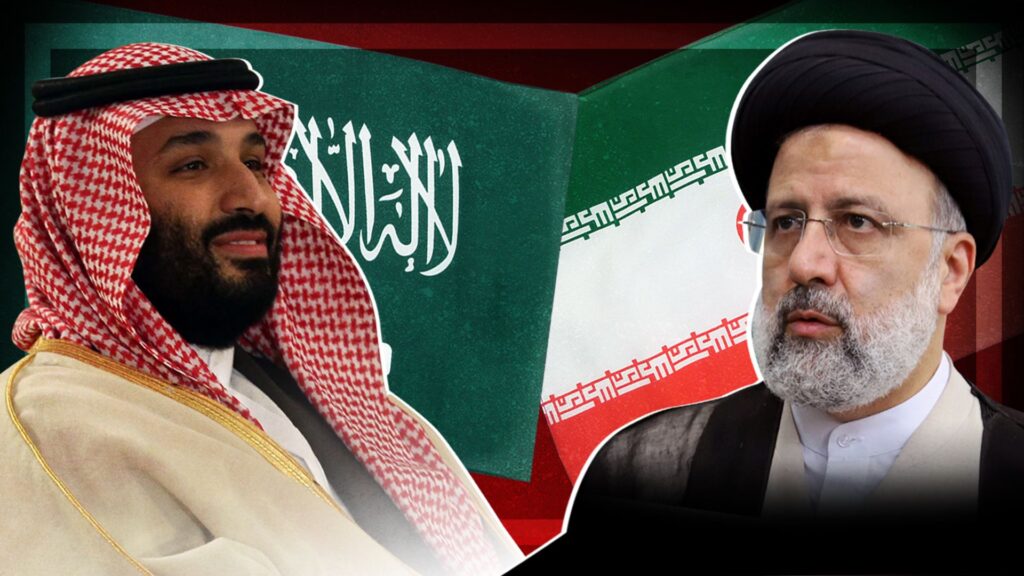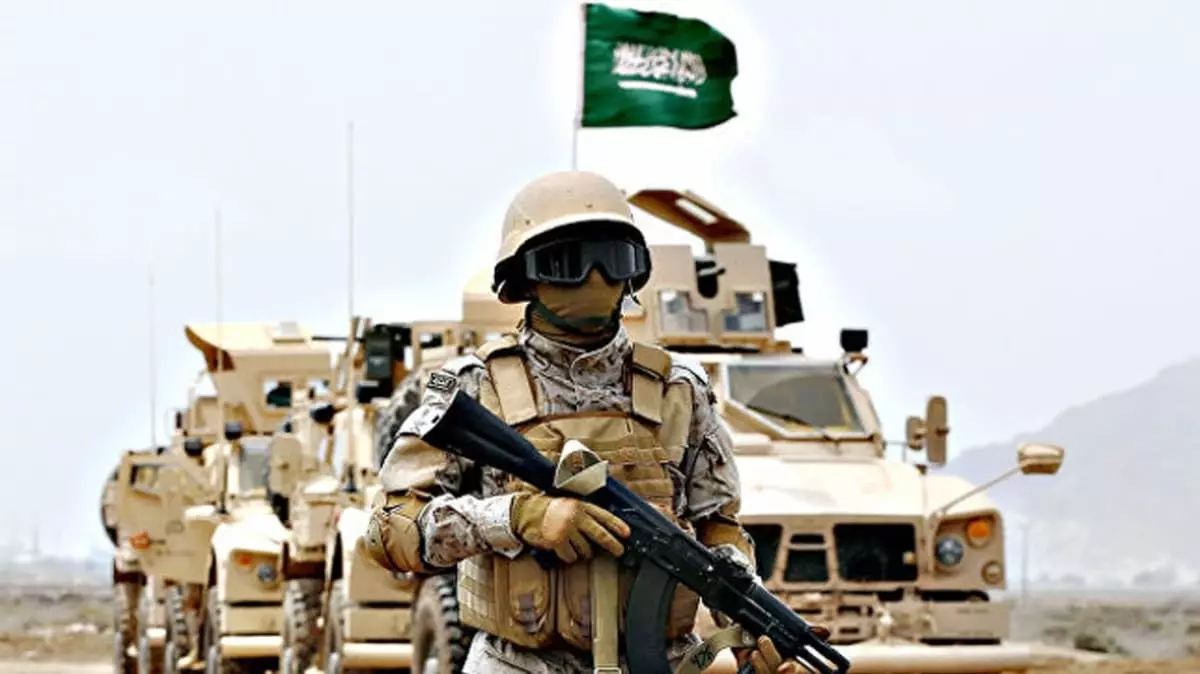Saudi Arabia Urges Restraint as Iran Military Tensions Rise: A Call for De-escalation

As the Middle East tightens up again, especially regarding Iran and other regional actors, Saudi Arabia has vociferously and publicly called for restraint and de-escalation. Emphasizing Saudi Arabia’s commitment to peace and stability in the region, leadership views military actions against Iran with disdain while calling for attention to unintended consequences of unchecked escalation.
The Position of Saudi Arabia on Regional Stability
Saudi Arabia has always stressed stability in the Middle East in light of the diverse weavings of cultures, economics, and religions in that region. Such significant disturbance affects not only immediate frontiers but also the worldwide economies and security.
The history between Saudi Arabia and Iran is very complex, with political and religious dimensions. Often, the rivalry gets worse due to differences in ideology and competing regional interests. However, Saudi Arabia has shown a willingness to engage diplomatically whenever possible, since long-term peace and cooperation are crucial for the prosperity of the entire Middle East.
Read Also:
Pagers and Walkie-talkies Banned on Iranian Flights Post Lebanon Attack
Military Escalation and Its Potential Impact
The major risk to the fragile Middle East balance comes from the escalation of military power, mainly concerning Iran. A total war with Iran may call not only its neighboring states but powerful allies and contenders from other parts of the world into a conflict so hot that it could not possibly be cooled by any form of peaceful settlement.
Risk of Escalation in the Middle East
Military escalations come with a variety of risks, including political instability and economic distress. The heightened conflict with Iran could trigger a humanitarian crisis, with thousands of civilians displaced, and put additional pressure on countries already dealing with refugees.
Political tensions between Iran and Saudi Arabia may cause waves in the global oil markets, resulting in the up and down movement that is always reflected in energy prices around the world. Besides this, an open conflict will increase the already scarce resources in the region and will only worsen humanitarian conditions. Therefore, the likelihood of long-term hostilities necessitates de-escalation, which Saudi Arabia would like to avoid and prevent.
Saudi Arabia Official Statement against Military Actions

Saudi Arabia recently issued an official statement in which it condemned military actions targeting Iran and called on all parties involved to reflect on the implications of their actions. The Saudi leaders urged that violence is not a solution and that differences can be resolved through diplomacy instead.
The leaders of Saudi Arabia maintained that dialogue must be constructive. Emphasizing commitment to peace, Saudi Arabia aims to be a stabilizer in the region. Saudi officials also reminded the world that efforts to bring down the tensions need to be supported as global stability and security are important.
Role of Restraint and Diplomacy
Restraint and diplomacy are ideal solutions in a region where conflicts can easily flare up, but they are also necessities. Saudi Arabia’s call for de-escalation reflects the kingdom’s commitment to maintaining peaceful relations, even amid complex rivalries.
Diplomatic Solutions Over Conflict
Saudi Arabia demands a diplomatic rather than military confrontation. It believes that issues between nations can be peacefully resolved through open dialogue, thus averting the need to use arms to settle the matter. The leaders of Saudi Arabia also believe that instead of conflict, there is the possibility of cooperation in resolving mutual challenges such as economic development and regional security.
International Response to the Situations
The international community has expressed concern, realizing that, if unchecked, the increase in conflict will negatively affect the Middle East. Most countries have joined Saudi Arabia in calling on parties to exercise restraint and not engage in any action that may exacerbate the situation.
International Calls for De-escalation
The United Nations, the European Union, as well as other major partners have been vocal in pleading for de-escalation, supporting Saudi Arabia in this call. A loud and united voice is given by such a collective appeal-the message is that not just a preference but a necessity-the need to find a more stable diplomatic solution to matters of conflict. It stands to reason that if various powers join forces, they stand a good chance of better managing the risks associated with the situation spiraling out of control in military action.



